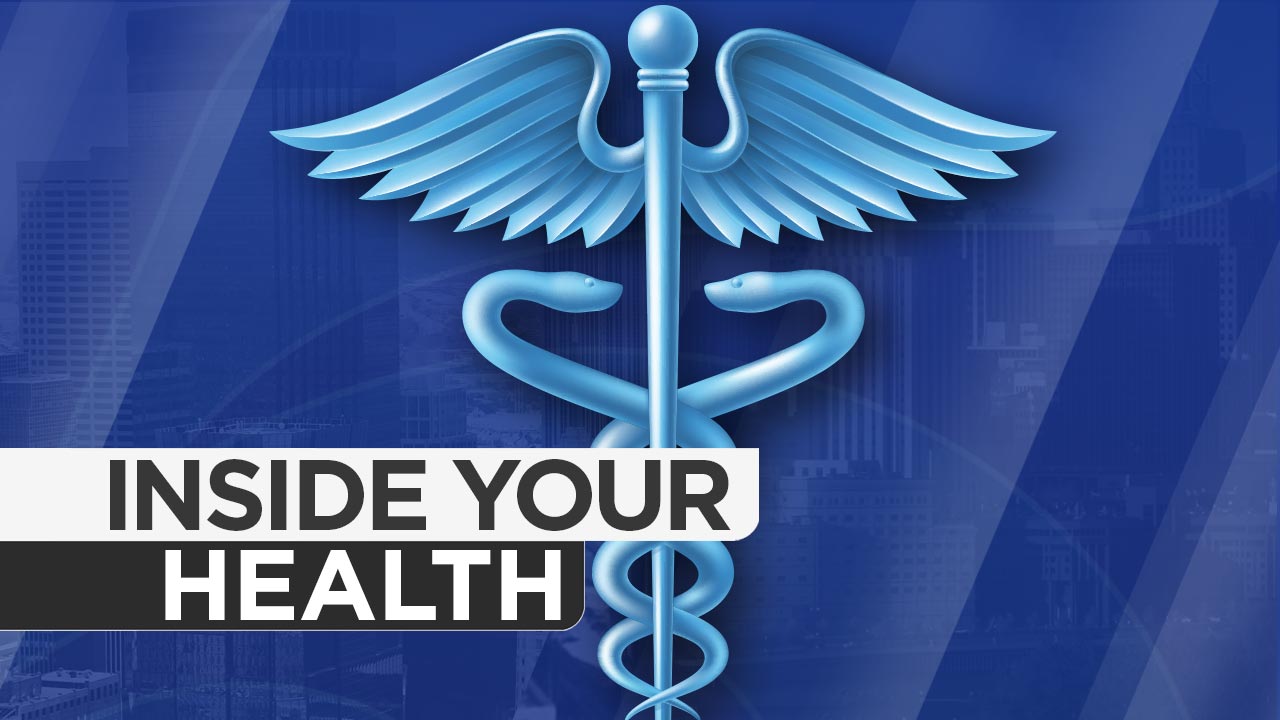Don't Wait, Mate! Men's Health Month: Your Guide to Prostate Cancer Prevention & Early Detection

June is Men's Health Month in Australia, and it’s a crucial reminder for blokes to prioritise their wellbeing. Prostate cancer is a serious concern, and early detection can dramatically improve outcomes. Let's face it, talking about men's health isn't always easy, but ignoring it certainly isn't the answer. This year, take control and learn how to protect yourself.
The Facts: Prostate Cancer in Australia
Prostate cancer is the second most common cancer affecting Australian men after skin cancer. Shockingly, around one in eight men will be diagnosed with prostate cancer during their lifetime. And for men of Aboriginal and Torres Strait Islander descent, or those with a family history of the disease, the risk is even higher. These statistics highlight the urgent need for awareness and proactive health management.
Why Early Detection Matters
The good news is that when detected early, prostate cancer is often highly treatable. Early-stage prostate cancer usually doesn't cause any symptoms, which is why regular screening is so important. Treatments are more effective and less invasive when the cancer is caught early, leading to a better quality of life and improved survival rates.
What are the Screening Options?
There are two main ways to screen for prostate cancer:
- PSA Test (Prostate-Specific Antigen): This is a blood test that measures the level of PSA, a protein produced by the prostate gland. Elevated PSA levels can indicate prostate cancer, but can also be caused by other factors like benign prostatic hyperplasia (BPH) – an enlarged prostate.
- Digital Rectal Exam (DRE): This involves a doctor gently inserting a gloved finger into the rectum to feel the prostate gland for any abnormalities.
It’s important to discuss the pros and cons of each screening method with your doctor to determine what’s right for you.
Risk Factors to Consider
While anyone can develop prostate cancer, certain factors can increase your risk:
- Age: The risk increases significantly with age, particularly after 50.
- Family History: Having a father or brother with prostate cancer increases your risk.
- Ethnicity: Men of African descent have a higher risk of prostate cancer.
- Lifestyle Factors: While research is ongoing, some studies suggest that diet and obesity may play a role.
Take Action This Men's Health Month
Don't be a statistic. This Men's Health Month, take the initiative to prioritise your health. Talk to your doctor about prostate cancer screening, understand your risk factors, and make healthy lifestyle choices. Your health is your most valuable asset – protect it! Reach out to your GP or visit the Prostate Cancer Foundation of Australia (PCFA) website for more information and support. Let's work together to raise awareness and improve outcomes for Aussie men.
Resources:
- Prostate Cancer Foundation of Australia (PCFA): https://www.prostate.org.au/




:max_bytes(150000):strip_icc()/VWH-GettyImages-1709980394-c943de9423bd46248bbc6de7587badc9.jpg)
